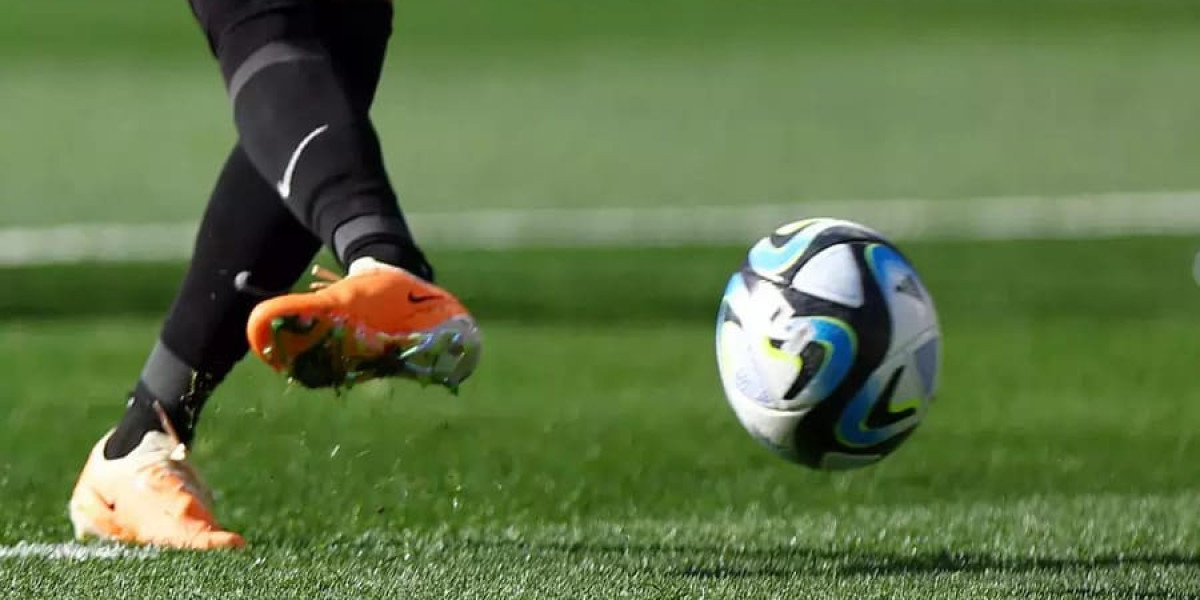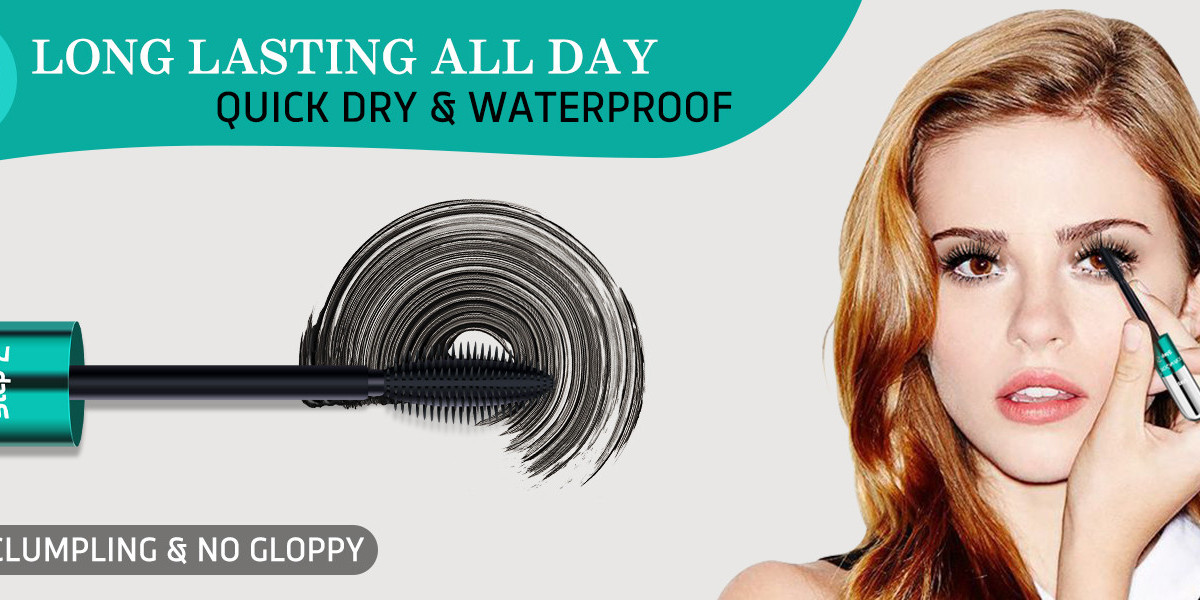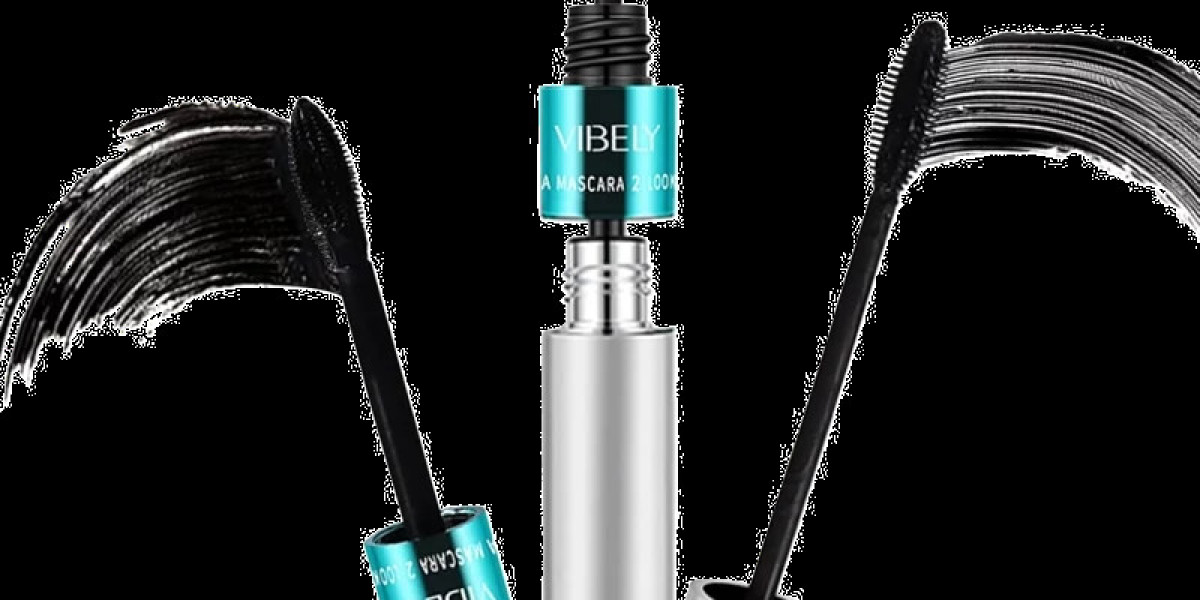New Jersey is home to a network of high-quality drug rehabilitation centers dedicated to helping individuals overcome substance use disorders and rebuild their lives. From detox and therapy to aftercare and support groups, New Jersey’s drug rehabs offer tailored programs designed to address each person's unique journey. Here, we’ll explore the range of drug rehab options in New Jersey, what treatments are available, and how to choose the best program to meet your needs drug rehab new jersey.
1. Types of Drug Rehab Programs in New Jersey
Rehab centers across New Jersey offer various levels of care, ensuring that individuals can find a program that matches the severity of their addiction and their personal needs. Here are some of the primary types of drug rehab programs available:
Detox Programs: Often the first step in treatment, detoxification programs help individuals safely withdraw from drugs under medical supervision. Medical professionals manage withdrawal symptoms, ensuring a safe transition into other phases of recovery.
Inpatient Rehab: Also known as residential treatment, inpatient rehab provides a structured environment where individuals can fully focus on recovery. Patients stay at the facility and receive comprehensive therapy, participate in group activities, and build coping skills. This type of program is ideal for those with severe addiction or those who benefit from a distraction-free environment.
Outpatient Rehab: Outpatient programs allow individuals to attend treatment sessions while living at home. Patients meet with therapists and support groups several times a week, making it a flexible option for those with family or work obligations.
Partial Hospitalization Programs (PHPs): PHPs combine elements of both inpatient and outpatient care, offering structured therapy and activities during the day while allowing individuals to return home in the evenings. PHPs are a good choice for individuals needing significant support but not full-time supervision.
Sober Living Homes: These transitional living arrangements offer a supportive community and a drug-free environment for those who have completed an initial treatment program and are working to maintain sobriety in a less structured setting.
2. Therapies Offered in New Jersey Drug Rehab Centers
New Jersey drug rehabs provide an array of evidence-based and holistic therapies designed to address the mental, emotional, and physical aspects of addiction. Here are some commonly available therapeutic approaches:
Cognitive Behavioral Therapy (CBT): CBT is one of the most effective therapies for addiction, helping individuals identify harmful thought patterns and behaviors and replace them with positive coping strategies.
Dialectical Behavioral Therapy (DBT): Originally developed for borderline personality disorder, DBT has shown promise in addiction treatment by teaching skills in emotional regulation, mindfulness, and tolerance for distress.
Individual Counseling: One-on-one counseling allows individuals to explore personal challenges, identify triggers, and create recovery goals in a confidential setting.
Group Therapy: Group therapy encourages a sense of community and support, where individuals can share their experiences, gain insights from peers, and build a support network.
Family Therapy: Addiction affects the entire family, and many rehab centers offer family therapy sessions to help rebuild relationships, improve communication, and educate loved ones on addiction and recovery.
Medication-Assisted Treatment (MAT): MAT uses medications like methadone, buprenorphine, and naltrexone, particularly for opioid addiction, to help manage cravings and withdrawal symptoms.
Holistic Therapies: Yoga, meditation, art therapy, and acupuncture are holistic treatments that complement traditional therapies, promoting relaxation, self-reflection, and overall wellness.
3. How to Choose the Right Drug Rehab Center in New Jersey
Selecting a drug rehab center is an important decision that can significantly impact recovery success. Here are some factors to consider when choosing a rehab center in New Jersey:
Accreditation and Licensing: Ensure the facility is licensed by the New Jersey Department of Health and accredited by reputable organizations like the Joint Commission or CARF, which ensures adherence to high standards of care.
Personalized Treatment Plans: Each individual’s journey to recovery is unique, so it’s essential to find a facility that offers customized treatment plans tailored to individual needs and goals.
Experienced Staff: The expertise and compassion of staff members are critical to effective recovery. Look for centers with licensed therapists, addiction specialists, and medical staff who are dedicated to their patients’ well-being.
Aftercare Programs: Continued support is crucial for long-term recovery. Many centers offer aftercare services, such as support groups, outpatient programs, and relapse prevention counseling, to help individuals maintain their progress.
Insurance and Payment Options: Confirm that the center accepts your insurance or offers flexible payment options if needed. Many rehab centers accept private insurance, Medicare, or Medicaid, and some provide financial assistance programs.
Location and Environment: The environment can play a role in recovery. Some individuals prefer a center close to home for family support, while others may seek a secluded setting to remove distractions.
4. Resources for Drug Rehabilitation in New Jersey
Several resources are available in New Jersey to help individuals and families find support:
NJ Connect for Recovery: This confidential hotline (1-855-652-3737) provides support and resources for those struggling with opioid addiction and their families.
NJ Addiction Services Hotline (1-844-276-2777): The state’s helpline connects individuals with local treatment resources, support services, and counseling options.
SAMHSA’s National Helpline (1-800-662-HELP): The Substance Abuse and Mental Health Services Administration offers a free, confidential helpline and an online treatment locator to assist individuals in finding nearby addiction resources.
5. New Jersey’s Commitment to Combating Substance Abuse
With an ongoing commitment to addressing the opioid crisis and rising drug addiction rates, New Jersey has strengthened its rehabilitation resources and support networks. From prevention programs and community outreach to high-quality rehab facilities, the state is focused on fostering healthy communities and helping individuals break free from addiction.
6. Final Thoughts: Taking the First Step Toward Recovery
Choosing to enter rehab is a life-changing step toward recovery, and New Jersey’s drug rehab centers provide a range of services and compassionate care to guide individuals on their path to sobriety. No matter where you are in your journey, there’s help available—whether through detox, therapy, aftercare, or family support.







